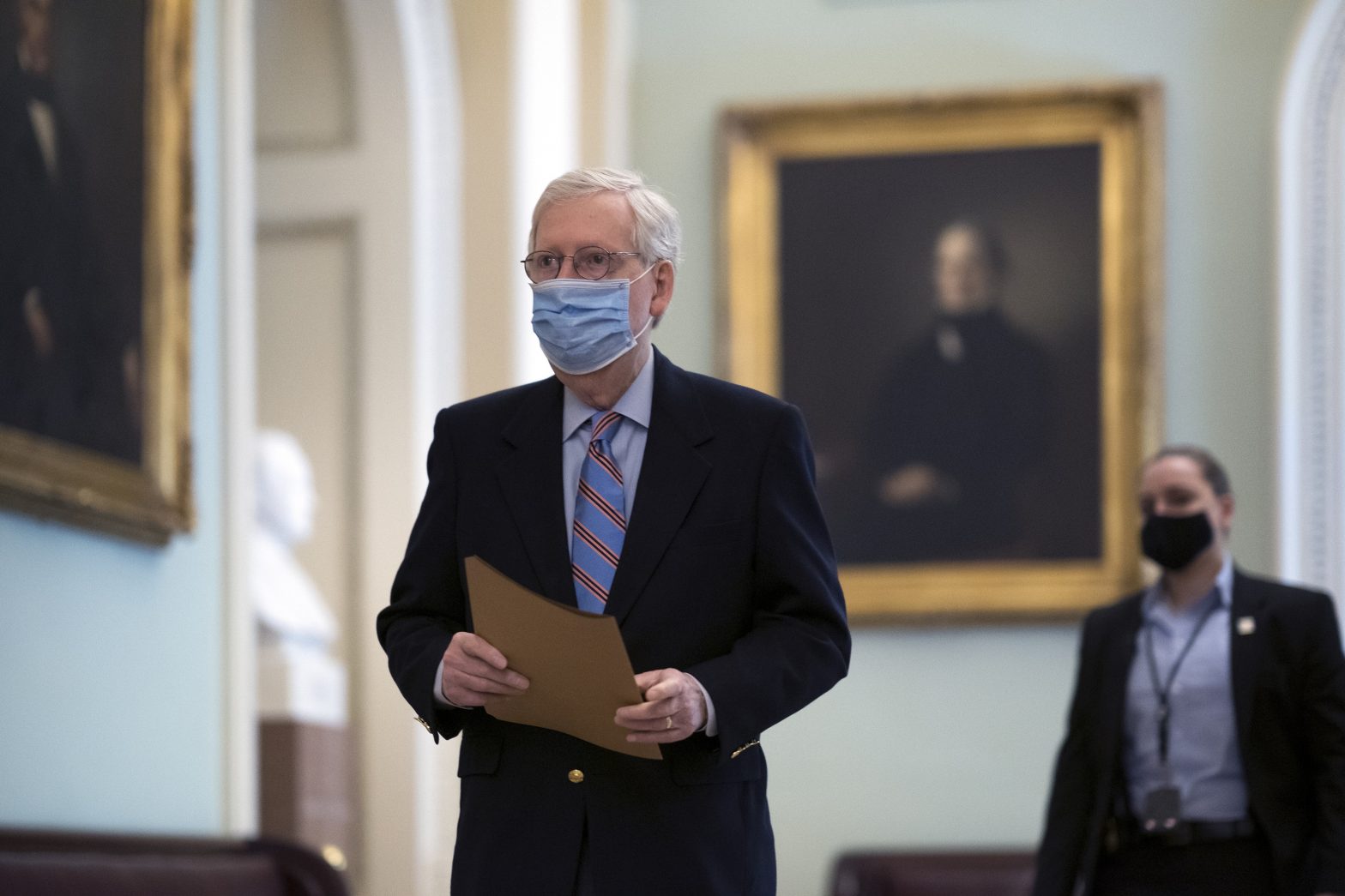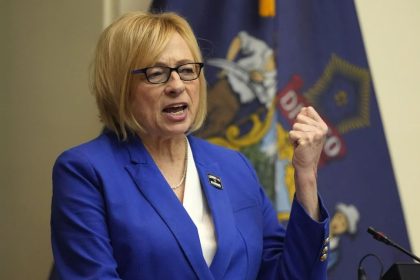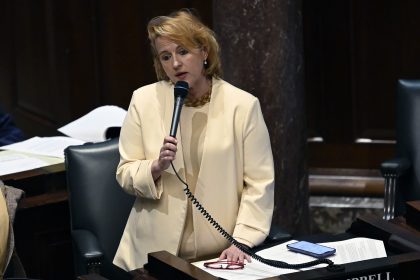Kentucky Vacancy Powers Bill Raising Eyebrows

WASHINGTON – Is Senate Minority Leader Mitch McConnell working behind the scenes with allies in the Kentucky legislature to assure he’s replaced by a Republican should he decide to retire?
That’s been the speculation since the filling of Senate Bill 228 on Feb. 10, during the Kentucky General Assembly’s 30-day “short” session.
The bill, filled by Kentucky Senate President Robert Stivers and co-sponsored by state Sen. Tom Buford, would do away with Kentucky’s current law, which allows the governor to appoint someone to fill the seat until the next regular election of the U.S. House of Representatives (every two years).
Instead, Senate Bill 228 would require the governor to appoint someone to temporarily fill a vacancy from a list of three names submitted by the state executive committee of the same political party as the senator who held the vacant seat.
According to the bill, the appointee from that list would then serve until a successor is elected by voters. The legislation goes on to list instructions on when elections should take place in the event of a vacancy.
The proposed law is similar to one in place in at least six other states that require an appointed senator to be the same party as the person who previously held the office.
But given all that has gone on in recent months – the Capitol Hill riot, the announced retirements of many of his longtime allies, and former President Donald Trump’s repeated attempts to undermine him – many immediately wondered if McConnell has simply had enough.
The speculation was further stoked by The Intercept, which reported the Republican leader has compiled a short list of successors in his home state, preparing for the possibility that he will not serve out his full term.
However, that report has since been refuted by a number of McConnell’s associates; while a spokeswoman for one person supposedly on the short list, Kentucky Secretary of State Michael Adams, said he’s not commenting on the story at this time.
McConnell himself has acknowledged he discussed the legislation with Stivers and that he is fully supportive of it.
“I do support it,” he said when asked about the bill during a media stakeout at the Capitol last week. “I think it’s a good idea. I’m all for it.”
The speculation surrounding the bill relies heavily on the nearly age-old question of “What did he know and when did he know it?”
Contacted by The Well News, Buford was adamant that McConnell had no input on the bill and no knowledge of it until the state Senate president filed it.
“Sen. Stivers formed the language based on six other states that provide for this [succession method] now … and several more states will go this route soon, we understand. It may be up to 11 or 12.”
Buford went on to say the inspiration for the bill was not McConnell at all, but rather the result of the 2017 incident in which the state’s junior U.S. Sen. Rand Paul, was attacked by his Bowling Green, Ky., neighbor, Rene Boucher.
Paul suffered six broken ribs and had part of a lung removed as a result of the attack.
“We were not sure he would return after injury,” Buford said. “The current system allows Kentucky to be without a senator for much too long a period during the process. Also, it has been custom for the sitting governor to appoint himself.”
Buford added, in an effort to put the speculation to rest: “We have considered this legislation for over five years.”
If all the McConnell speculation is just that, the legislation is nevertheless interesting as an example of the ongoing battles between Kentucky’s Republican-led legislature and Democratic Gov. Andy Beshear.
In a statement provided to The Well News, Beshear said “whether or not we change the way that a vacancy is filled shouldn’t be decided based on who’s currently in the office.”
“Once that happens, we start breaking the very institutions that our state and country rely upon,” he continued. “We’ve got to believe in the institution of government and in the separation of powers more than we believe in our party.”
Asked if the legislature could override a Beshear veto, Buford expressed confidence they can.
“We can override the governor’s veto so long as we have [the bill] to his desk 10 days prior to our last day,” the state senator said, noting that the last day for the current legislative session is March 30.
























